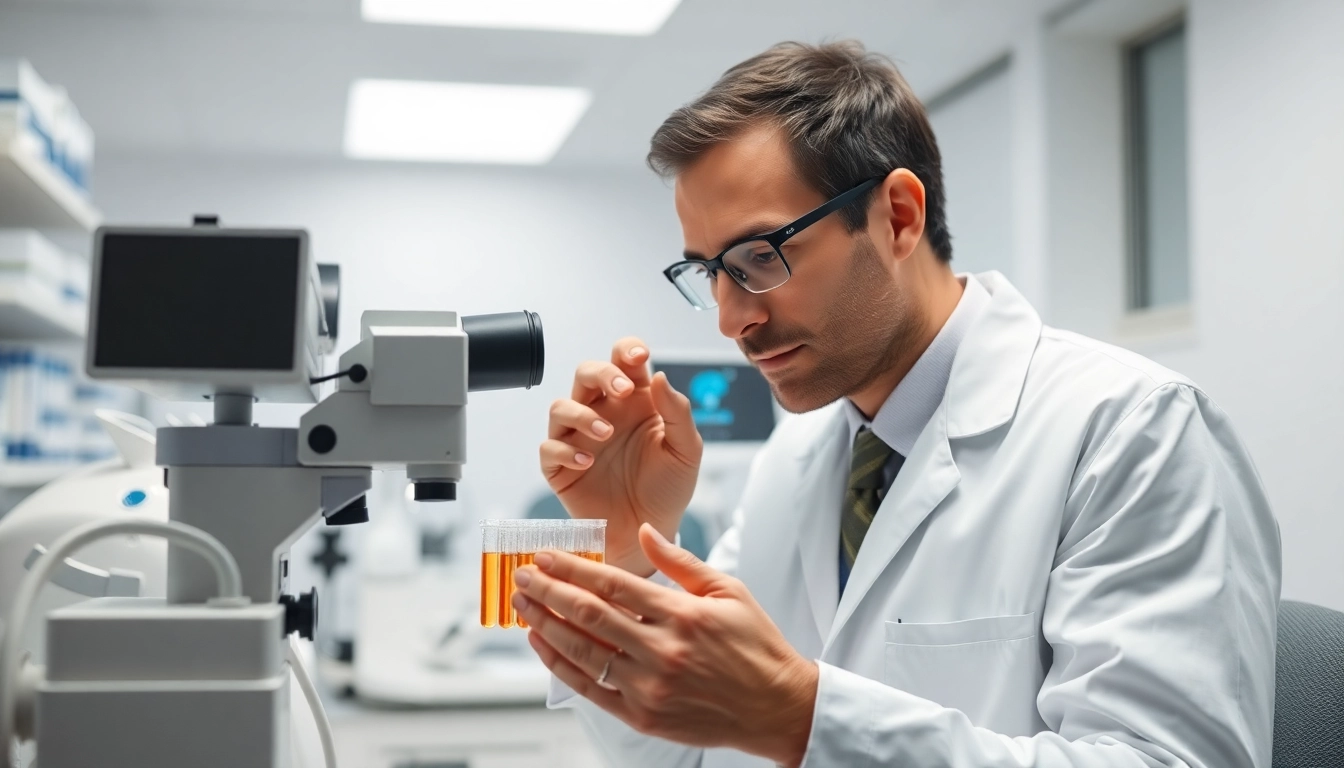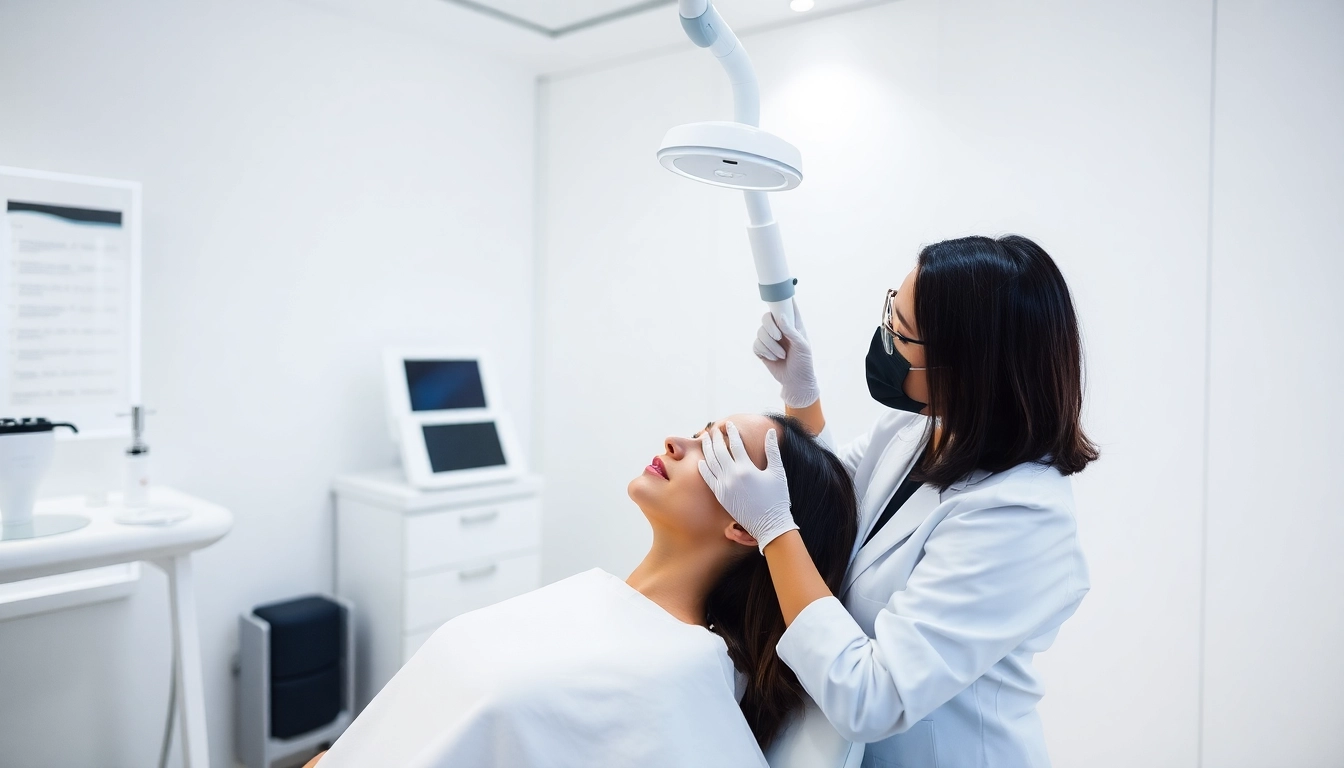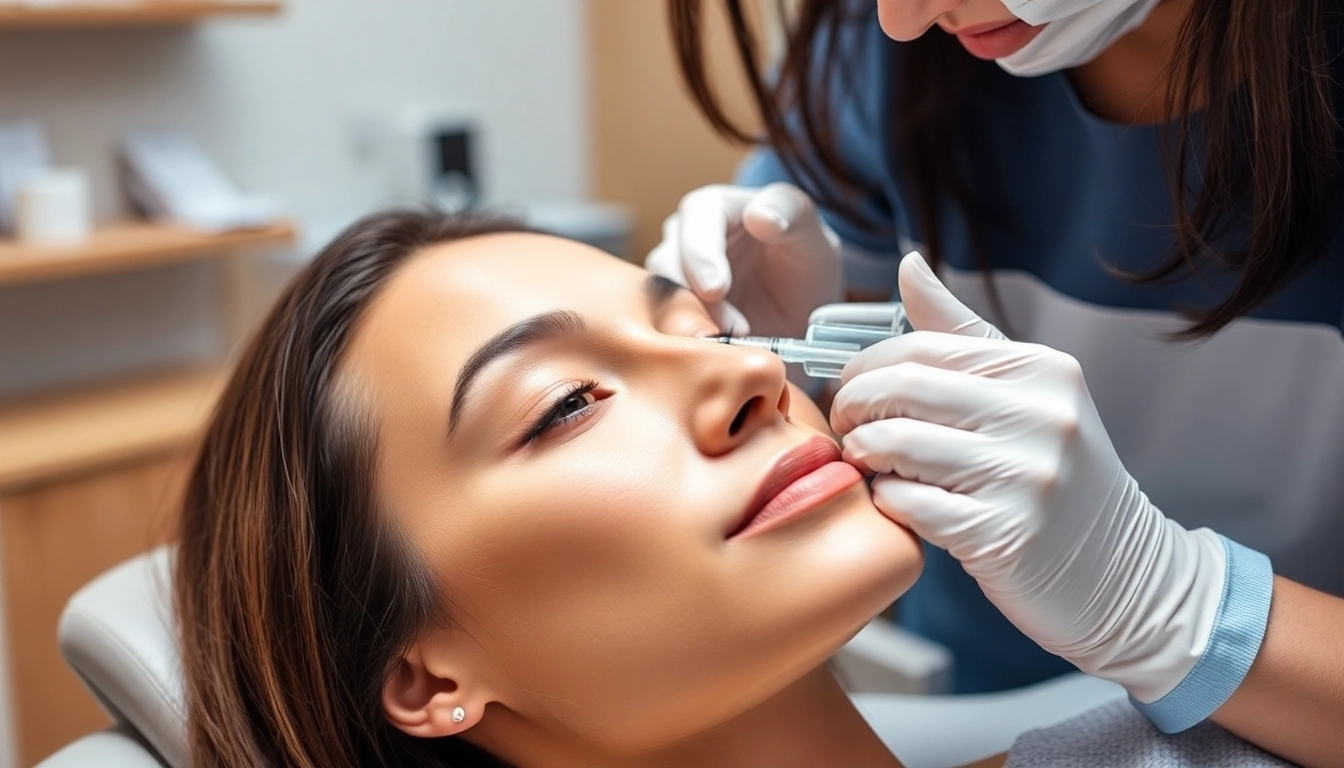Understanding the Role of a Rehabilitation Center in Addiction Treatment
Rehabilitation centers play a crucial role in the comprehensive management of addiction, offering specialized care that addresses both the physical dependencies and the psychological factors underlying substance use disorders. These centers serve as vital hubs where individuals struggling with dependence can access tailored treatment programs aimed at achieving long-term sobriety and holistic well-being. In Kyiv, the rehabilitation center “Troitckiy” stands out as a leader in delivering effective substance dependence recovery services, combining evidence-based approaches with compassionate comfort to foster meaningful change.
Defining Rehabilitation Centers: Types and Core Functions
Rehabilitation centers are diverse institutions that cater to various stages of recovery and types of dependencies. They are broadly categorized into outpatient centers, inpatient facilities, and hybrid models. Each serves distinct purposes, from short-term detoxification to long-term therapeutic programs. The core functions of these centers include medical detoxification, psychological counseling, behavioral therapy, social skill retraining, and aftercare planning. They utilize multidisciplinary teams that incorporate physicians, psychologists, social workers, and support staff to create individualized treatment protocols that reflect the complex nature of addiction.
Specialized centers, like the one in Kyiv, focus on notable areas such as alcohol dependence, drug addiction, gambling, and emerging issues like synthetic drug dependencies. They adhere to strict standards to ensure effective, safe, and humane care. Across all types, the central goal remains: to guide the individual from dependency towards a sustainable, sober life, supporting social reintegration and preventing relapse.
How a Rehabilitation Center Supports Long-Term Sobriety
Achieving sobriety is an intricate process requiring more than just abstinence. Rehabilitation centers promote long-term sobriety through structured programs that encompass initial detoxification, behavioral therapy, life skills training, and ongoing support. These institutions recognize that lasting recovery hinges on addressing underlying psychological issues, social environment, and lifestyle adjustments.
For example, our center in Kyiv emphasizes a holistic approach that integrates psychological counseling and social rehabilitation, which are paramount in creating a resilient foundation for lasting change. Continuous follow-up, relapse prevention workshops, and community engagement further bolster the individual’s ability to maintain sobriety well beyond the immediate treatment period. This comprehensive support system reduces the risk of relapse and fosters confidence in one’s newfound sober identity.
Key Factors to Consider When Choosing a Rehabilitation Center
Selecting the right rehabilitation center is a decisive step toward recovery. Important considerations include the center’s accreditation, the qualifications of its medical and therapeutic staff, and the variety of treatment modalities offered. Equally vital are the environment and the availability of personalized care plans that address specific dependency patterns.
In the context of Kyiv, “Troitckiy” stands out not only due to its long-standing reputation since 2007 but also because of its commitment to evidence-based practices, holistic environment, and individualized treatment approach. The center’s location amidst lush greenery and tranquil surroundings fosters a healing atmosphere conducive to recovery. Additionally, transparency regarding treatment protocols and success rates is a hallmark of reputable centers, which should be verified before enrollment.
Our Approach to Addiction Recovery at the Kyiv Rehabilitation Center
Phase 1: Initial Assessment and Detoxification
The first step in our recovery program begins with a comprehensive assessment to evaluate the severity of dependence, physical health status, mental health conditions, and social circumstances. This step ensures personalized treatment pathways aligned with individual needs. Detoxification, conducted in a medically supervised environment, safely manages withdrawal symptoms, minimizing discomfort and health risks associated with abrupt cessation of substances.
Phase 2: Therapeutic Interventions and Counseling
Once detoxification is complete, patients engage in intensive therapy designed to address psychological dependencies, behavioral patterns, and underlying emotional issues. Our Kyiv center applies evidence-based modalities, including cognitive-behavioral therapy (CBT), motivational interviewing, and the unique, non-religious 12-step program anchored in the Minnesota model. These therapies empower patients to identify triggers, develop coping skills, and reframe negative thought patterns.
Family therapy sessions are also integrated to improve support networks, which are critical for sustained recovery. Regular group activities promote peer support, fostering a sense of community and shared understanding among patients.
Phase 3: Post-Treatment Support and Resocialization
Recovery does not end upon completion of initial therapy; thus, our program emphasizes aftercare and resocialization. Patients develop personalized relapse prevention plans, including continued counseling, vocational training, and social reintegration strategies. Our center’s extensive network allows for seamless transition to outpatient services and community support groups, ensuring ongoing guidance.
We recognize that healing encompasses more than physical abstinence. Therefore, resocialization efforts focus on restoring relationships, fostering employment, and promoting a balanced lifestyle rooted in sobriety and health.
Benefits of Enrolling in Our Rehabilitation Center
Customized, Evidence-Based Treatment Methods
Our Kyiv facility applies proven, scientifically validated treatment methods tailored to each individual’s needs. This personalization enhances recovery efficacy, increases engagement, and reduces the likelihood of relapse. The integration of non-religious 12-step programs allows for an inclusive environment, welcoming clients from diverse backgrounds seeking effective recovery pathways.
Comfortable Environment and Nature-Integrated Recovery
The physical environment of our center is designed to promote healing and tranquility. Surrounded by verdant greenery and open spaces, patients experience the therapeutic benefits of nature, which is an essential element in reducing stress and fostering emotional stability. Relaxation zones, outdoor walking paths, and peaceful living accommodations support mental well-being during treatment.
Experienced Multidisciplinary Team for Holistic Care
Our team comprises licensed psychologists, certified narcologists, social workers, and support staff dedicated to comprehensive care. This multidisciplinary approach ensures that all aspects of dependency—physical, psychological, social—are addressed systematically. Continuity of care and personalized attention facilitate a higher success rate for long-term sobriety.
Success Stories and Outcomes in Rehabilitation
Patient Testimonials: Experiences and Achievements
Many patients have shared their journeys from dependence to independence, citing the personalized care, supportive environment, and effective therapies as pivotal in their recovery. For example, one client described how the center’s holistic approach helped him rebuild his relationships and rediscover purpose in life, celebrating over five years of sustained sobriety.
Measuring Program Effectiveness and Long-Term Results
Our center employs rigorous evaluation metrics, including relapse rates, psychological assessments, and quality-of-life measures, to monitor treatment success. Data indicates that individuals who participate in comprehensive programs with aftercare support have a significantly higher probability of maintaining sobriety over five years compared to those receiving minimal intervention.
Strategies for Maintaining Sobriety After Treatment
Post-rehabilitation, continued engagement through support groups, ongoing counseling, and lifestyle adjustments are vital. We recommend participation in community programs like Alcoholics Anonymous or Narcotics Anonymous, along with regular medical check-ups and skill-building activities to sustain progress. Our center provides ongoing mentorship and resources to facilitate this transition.
Starting Your Journey to a New Life at Our Kyiv Rehabilitation Center
How to Get Support and Make an Appointment
If you or a loved one are ready to begin the path to recovery, contact us through our website or by phone. Our dedicated team offers consultation and guidance to develop an appropriate treatment plan. Confidentiality and compassion are guaranteed at every step of your journey.
What to Expect During Your First Visit
During your initial visit, you will undergo a detailed assessment with our specialists, who will explain the treatment process, facility protocols, and recovery strategies. The environment is welcoming, designed to make clients feel comfortable and supported from the outset. This is also when individualized treatment plans are finalized based on comprehensive evaluations.
Resources and Guidance for Patients and Families
We understand that addiction affects entire families. Therefore, we provide educational materials, family counseling sessions, and community resources to support loved ones in the recovery process. Our goal is to foster a supportive network that extends beyond the center, ensuring sustained recovery and reintegration into society.














